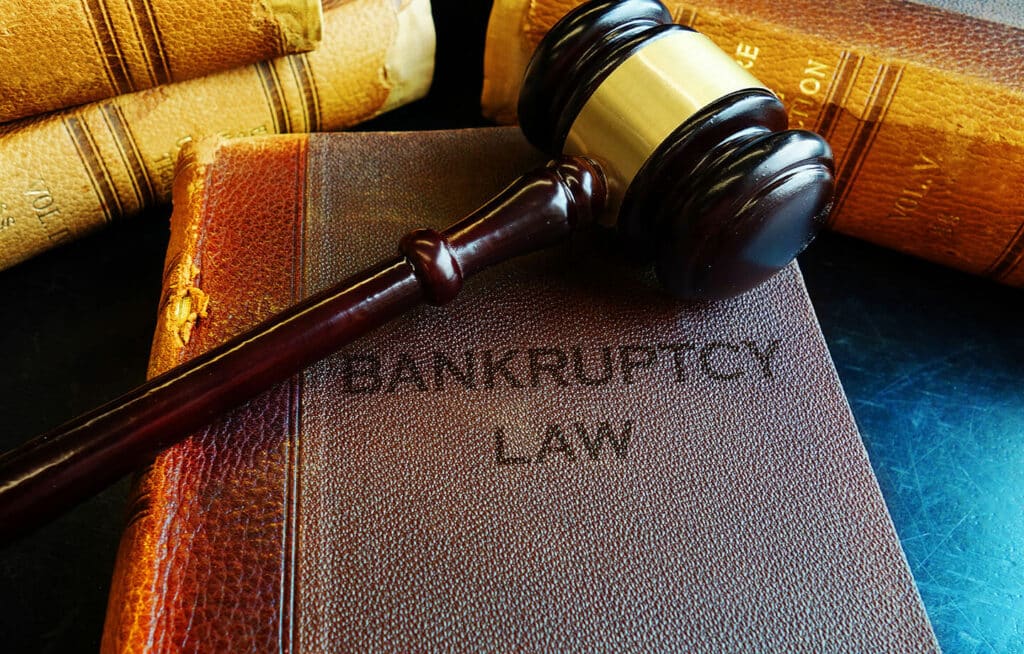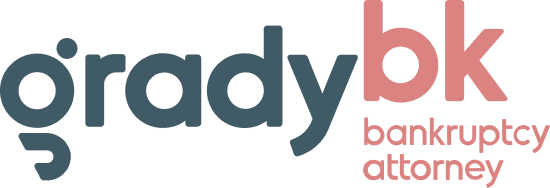Financial stress can impact your life in multiple ways. As you go through each day, the shadow of the debts you owe can cause you anxiety and make it nearly impossible to feel hopeful about the future. Instead, you may feel trapped by the seemingly unending debt. This experience can feel isolating and even shameful; however, it’s essential to recognize that you are far from alone in your struggles. Individuals, families, and small businesses across the country are also facing significant financial stress. Despite the stigma surrounding bankruptcy, this legal process allows you to discharge your debt and obtain the fresh start you need to get your life back on track. Most people wonder whether pursuing a Chapter 7 bankruptcy or a Chapter 13 bankruptcy will work better for them. This post will explore the benefits and drawbacks of both these options so you can make an informed decision with greater certainty.
Chapter 7 Bankruptcy Basics
In a Chapter 7 bankruptcy, you would list everything that you own (house, cars, money in bank, etc.) and the law gives you exemptions to protect that property. This is your exempt property. You would keep all exempt property in your possession. At the conclusion of the bankruptcy, the court will discharge (wipe away) your unsecured debt, releasing you from further obligations to pay back the creditors.
Advantages of Chapter 7 Bankruptcy in Watertown, New York
Chapter 7 bankruptcy works well for many individuals struggling with debt. One of the main benefits of pursuing a Chapter 7 bankruptcy is how quickly it moves forward. Most Chapter 7 bankruptcy cases take between three to four months to complete, enabling the petitioner to obtain the fresh financial start they’re looking for within a brief period of time. Additionally, there is no repayment plan requirement (as there is in a Chapter 13 bankruptcy filing). The process itself is relatively straightforward.
Under Chapter 7 bankruptcy, many types of debts can be discharged (i.e., medical bills, credit card debt, personal loans, repossessions, etc.). You will be able to keep your exempt property in your possession. Petitioners who are current on their home and car payments will be able to keep their home and vehicle in their possession during the process as well. Ultimately, Chapter 7 works best for individuals with little unexempt property in their possession who have accrued significant credit card or medical debt.
Potential Drawbacks to Chapter 7 Bankruptcy
It’s important to understand that a Chapter 7 discharge does not apply to all types of debt. For instance, nondischargeable debts under Chapter 7 include student loans, spousal or child support obligations, and recently-incurred income tax debt. Additionally, you should recognize that Chapter 7 has income limits. To qualify for relief under Chapter 7, you must demonstrate that your median household income falls below the state’s median income. Higher-income filers may not qualify for Chapter 7 bankruptcy relief. Additionally, if you are facing foreclosure or repossession, filing a Chapter 13 bankruptcy request would likely be more advantageous. As you start to explore your debt relief options, consider enlisting the guidance of a knowledgeable and caring Watertown, New York, bankruptcy attorney to help you identify the most strategic path forward.
Chapter 13 Bankruptcy in Watertown, New York
Chapter 13 bankruptcy, also called the wage earner’s plan, allows the petitioner to establish a monthly repayment plan to steadily pay back a percent of your unsecured debt over a three to five-year period. This plan works well for those who exceed the income threshold for Chapter 7 bankruptcy or who owe back mortgage payments and/or taxes. Once you file for Chapter 13 bankruptcy, a court-appointed trustee will administer the case. You will create a repayment plan and attend a court hearing (which is over the phone), where you will be asked several questions under oath about your financial situation and your repayment plan. Upon the completion of the three to five-year repayment plan, the court will discharge (wipe away) the remaining unsecured debts.
Benefits of Chapter 13 Bankruptcy
Chapter 13 bankruptcy serves those whose income exceeds the threshold for qualifying for relief under Chapter 7. It also allows you to “catch up” on your missed house or car payments (or taxes) without worrying that you will lose possession of these properties. Essentially, Chapter 13 gives you the time and space you need to regain control of your financial situation.
Possible Downsides to Chapter 13 Bankruptcy in New York
Many people find the prospect of a three to five-year repayment plan too daunting. Also, in order to keep possession of a home or vehicle, you will need to repay the arrearages in your plan while continuing to pay your regular monthly payments. No matter what your unique financial situation may be, reach out to a caring bankruptcy attorney as soon as possible to discuss your options. Your lawyer will never judge you for the situation you’ve found yourself in—instead, their goal is to support and empower you to face the future with greater hope and confidence.
Reach out to Grady BK, PLLC, today at (315) 299-9005 to discuss your debt relief options with an experienced and compassionate Watertown, New York, bankruptcy attorney.

